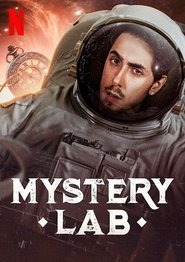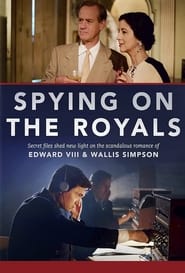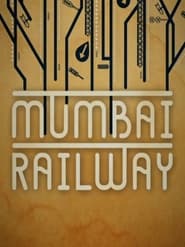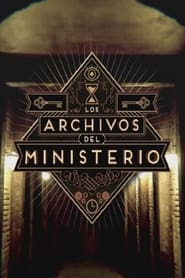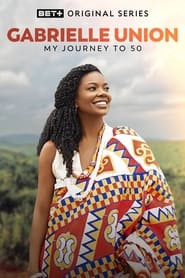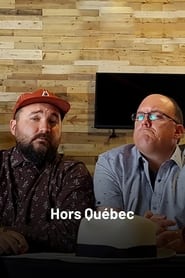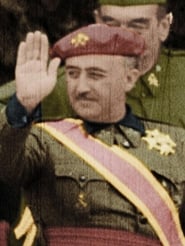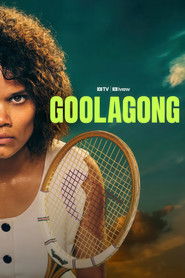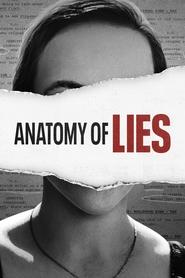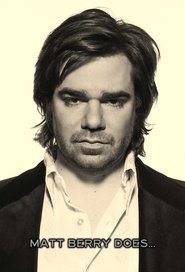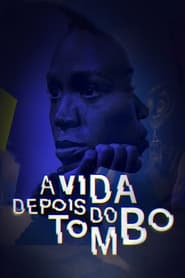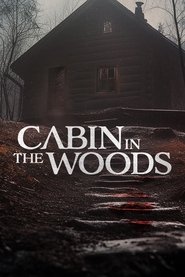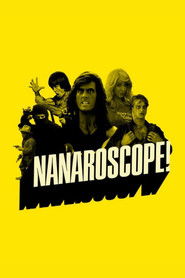Documentary TV Series - Page 350
-
Die Immobilienjäger
2016
Die Immobilienjäger
2016
-
Mystery Lab
2020
Mystery Lab
2020
star 7.1Host Felipe Castanhari explores science, history, mysteries and marvels, uncovering mind-blowing facts with help from his lab buddies. -
The Curse of Oak Island: Drilling Down
2015
star 9A companion series to “The Curse of Oak Island,” this series gives new viewers a crash course into what “The Curse of Oak Island” is all about. The series features different guests, including interviews and in-depth and thought provoking discussions surrounding “The Curse of Oak Island.” Oak Island has intrigued treasure hunters for hundreds of years, as it is believed to hold one of the greatest treasures of all time, but nobody can find it. Two brothers from Michigan have bought the rights to much of the island so that they can attempt to crack the mystery of the curse and find the treasure. -
Spying on the Royals
2017
Spying on the Royals
2017
star 8This 2-part documentary series reveals the truth about King Edward VIII's affair with American divorcée Wallis Simpson, and the espionage operation that accompanied the investigation. -
Mumbai Railway
2015
Mumbai Railway
2015
star 2From the Chhatrapati Shivaji Terminus in Mumbai, Dan Snow, Anita Rani and Robert Llewellyn explore the science behind the world's busiest railway. With John Sergeant reporting from across India. -
How (Not) To Get Rid of a Body
2024
star 5.2Explore the outlandish lengths diabolical killers take to get away with murder. These twisted criminal masterminds make ingenious efforts to dispose of their victims, but the country's top detectives are hellbent on solving these heinous crimes. -
Gabrielle Union: My Journey to 50
2023
Gabrielle Union is celebrating her 50th trip around the sun with an epic, continental journey that takes us on a personal and collective discovery from the island of Zanzibar to the streets of Ghana, Namibia and South Africa! -
Hors Québec
2019
Hors Québec
2019
-
Border Protection Spain
2023
Join the Spanish coastguard, a team of elite professionals, who risk their lives daily to protect the 8,000 kilometres of Spanish coastline. -
Goolagong
2026
Goolagong
2026
star 5.7Goolagong is the inspiring true-life story of world champion tennis player, Evonne Goolagong, one of Australia's greatest and most loved sporting figures. -
Anatomy of Lies
2024
Anatomy of Lies
2024
star 5.4Reveals the rise and fall of Grey's Anatomy star writer Elisabeth Finch, whose jaw-dropping lies fooled Hollywood for years, and became fodder for many high-profile episodes of Grey's. The story is told by some of her closest contacts, many speaking for the first time. -
Matt Berry Does...
2015
Matt Berry Does...
2015
star 4.7Matt Berry explains, comments on, and muses about various events, anniversaries, and other aspects of life in the UK. -
A Vida Depois do Tombo
2021
star 6.2Curitiba's rapper Karol Conká participated in the 21st edition of Big Brother Brasil and was eliminated with 99.17%, the biggest rejection in the history of the reality show. During her participation in the game, the singer was massively criticized for her attitudes and comments towards other participants of the house, such as Lucas Penteado, Juliette Freire, Arcrebiano and Carla Díaz. -
Cabin in the Woods
2024
Cabin in the Woods
2024
star 7.3In horror movies, nothing good ever happens to those in a cabin in the woods. In this series, true stories of ghastly, sometimes convoluted crimes take place in remote cabins around the country and for good reason: they allow those with evil intentions to carry out the most heinous of acts in peace and quiet away from prying eyes and ears. Combining hard-hitting investigative elements with spine-tingling thrills and chills, this true-crime-meets-true-horror series features the most terrifying crimes ever committed in isolated and otherwise picturesque cabin dwellings. -
The Blitz: Britain on Fire
2019
Exploring the eight days in May 1941 when Britain, and Liverpool in particular, was subjected to one of the most intense bombardments of the entire war. Featuring eyewitness accounts and recollections from many whom have never spoken out before. -
Life, Death and Money
0000
star 8The series explores the personal lives, career highlights, and business scandals of A-list celebrities through the money trails they earned and left behind both before and after their deaths. -
Nanaroscope !
2017

